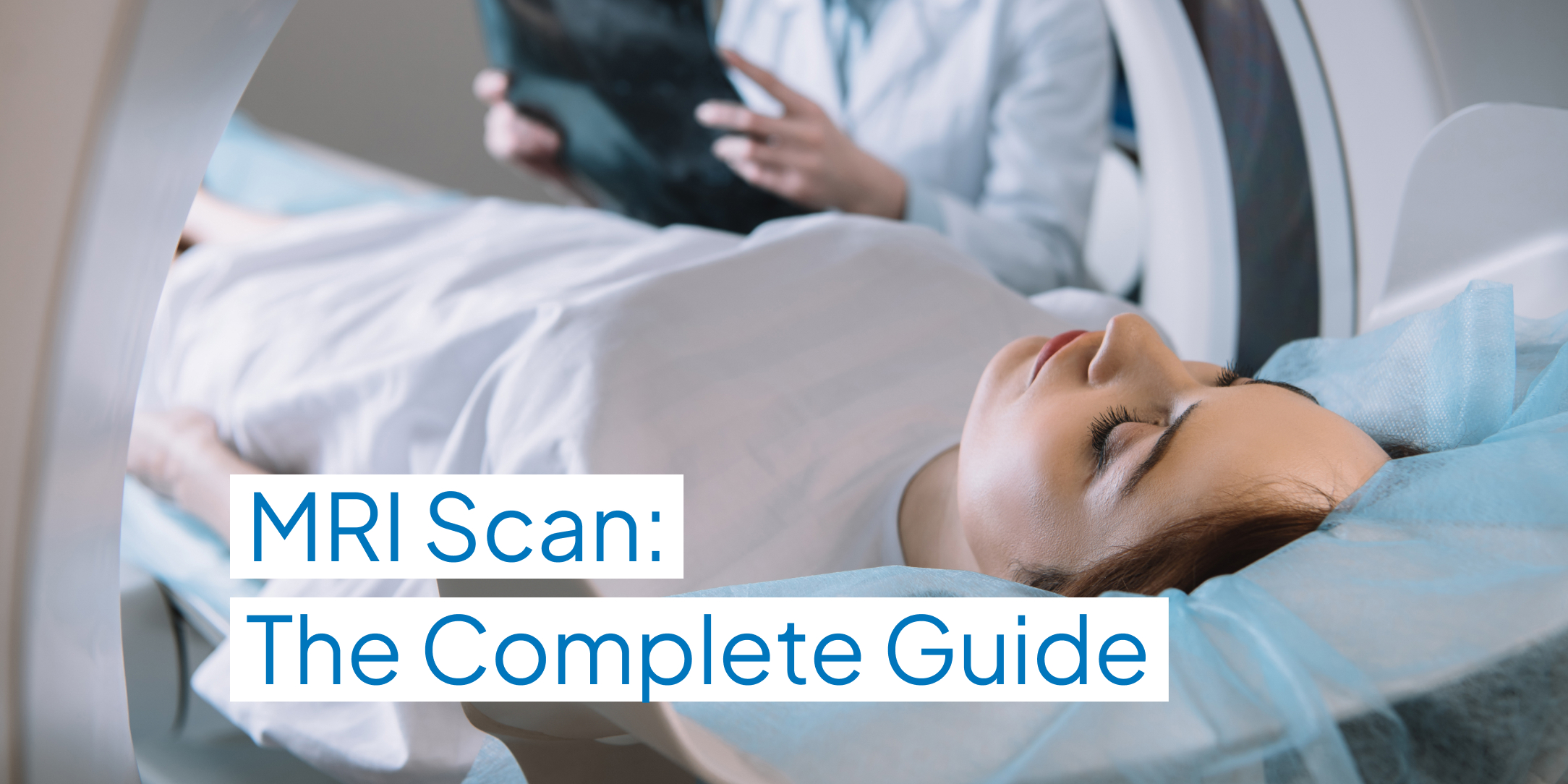An echocardiogram is a vital test used to assess heart health. Whether you're having one for routine screening or to investigate symptoms, understanding what it involves can help you feel more prepared.
Your heart scan not only helps detect issues but also gives insights into your overall cardiovascular health. Taking early action regarding your heart condition is crucial for quicker recovery.
About an Echocardiogram
An echocardiogram (echo) is a non-invasive ultrasound scan that creates real-time images of your heart. It allows doctors to assess heart structure, function, and blood flow, helping diagnose conditions such as heart valve disease, heart failure, and congenital defects.
What Happens During an Echocardiogram: Step-by-Step Guide
- Preparation – You may be asked to remove clothing from the upper body and wear a gown.
- Electrode Placement – Small sticky electrodes are placed on your chest to monitor heart rhythm.
- Gel Application – A technician applies a gel to your chest to enhance ultrasound conduction.
- Scanning – A probe (transducer) is moved over the chest to capture heart images.
- Breathing Instructions – You may be asked to hold your breath momentarily for clearer images.
-
Completion – The test takes 20–45 minutes, and you can resume normal activities immediately.
Preparation for an Echocardiogram
- Standard Transthoracic Echocardiogram (TTE) – No special preparation is required.
- Transesophageal Echocardiogram (TEE) – Fasting for 6–8 hours before the test is required.
-
Stress Echocardiogram – Avoid caffeine or heavy meals before the test.
How Long Does an Echocardiogram Take and Why?
A typical echocardiogram lasts 20–45 minutes, depending on the complexity. Transesophageal and stress echoes may take longer due to sedation or exercise components.
Types of Echocardiograms and Their Uses
Transthoracic Echocardiogram (TTE) – A non-invasive, standard ultrasound scan of the heart performed externally on the chest to assess heart structure and function.
Transoesophageal Echocardiogram (TOE) – A specialised ultrasound where a probe is inserted via the oesophagus, providing high-resolution images of the heart, particularly useful for detecting clots, infections, or valve abnormalities.
Stress Echocardiogram – Combines ultrasound imaging with exercise or pharmacological stress to evaluate heart function, blood flow, and response to exertion, aiding in the diagnosis of coronary artery disease.
Doppler Echocardiogram – Uses Doppler technology to measure blood flow velocity, detect valve dysfunction, and assess circulatory issues such as regurgitation or stenosis.
Differences Between Private and NHS Echocardiograms in the UK
- Waiting Time: A private echocardiogram offers immediate booking, while an NHS echocardiogram may require waiting for weeks to months.
- Cost: Private echocardiograms come at a cost, typically ranging from £250 to £500, whereas NHS echocardiograms are free for eligible patients.
-
Results Time: Private echocardiogram results are available on the same day or within 24 hours, whereas NHS results may take a few days to weeks.
How Much Does an Echocardiogram Cost in the UK?
Private echocardiograms cost £250–£500, depending on the provider, location, and type of scan.
Understanding Your Echocardiogram Report: Key Metrics and What They Mean
- Ejection Fraction (EF) – Measures heart pumping efficiency (normal: 55–70%).
- Chamber Size & Wall Thickness – Assesses heart enlargement or thickening.
- Valve Function – Identifies stenosis (narrowing) or regurgitation (leakage)
-
Blood Flow Patterns – Detects abnormalities in circulation.
How Soon Can You Expect Echocardiogram Results?
- Private scans – Results within 24 hours.
-
NHS scans – Results typically within a few days to a few weeks.
The Role of Echocardiography in Preventive Heart Health Screening
Regular echocardiograms can help potentially detect early signs of heart disease, especially in those with risk factors such as high blood pressure, diabetes, or a family history of heart disease.
Comparing Echocardiograms to Other Cardiac Diagnostic Tests
- Echocardiogram: This test evaluates the structure, function, and valves of the heart, providing essential insights into overall cardiac health.
- ECG (Electrocardiogram): It measures the electrical activity of the heart, helping to detect arrhythmias and other heart-related conditions.
- Cardiac MRI: This imaging test provides highly detailed visuals of heart tissues, aiding in the diagnosis of structural abnormalities.
-
CT Coronary Angiogram: It helps detect coronary artery disease and blockages, allowing for early intervention and treatment.
Find the Best Private Echocardiogram Clinic Near You
To find a private echocardiogram provider near you, search for cardiology clinics, private hospitals, or diagnostic imaging centres in your area. Many offer same-day appointments and fast results.
Conclusion
An echocardiogram is a crucial test for evaluating heart health. Whether done privately or through the NHS, it provides valuable insights into heart function, helping guide treatment decisions. If you have concerns about your heart, discuss with your doctor whether an echocardiogram is right for you.
Take control of your heart health today – Book your private echocardiogram now at GetScanned.
GetScanned Today
FAQ
1.Can You Eat or Drink Before an Echocardiogram?
Yes, unless you are having a transesophageal echocardiogram (TEE), in which case fasting for 6 hours is required.
2.Does Insurance Cover Echocardiograms?
Coverage depends on your insurance provider and policy. Many private health plans cover echocardiograms if medically necessary.
3.What Happens If My Echocardiogram Is Abnormal?
Your doctor may recommend additional tests, such as an MRI, CT scan, or angiogram, or refer you to a cardiologist for further evaluation.
4.Can an Echocardiogram Show Blocked Arteries?
Echocardiograms do not directly detect coronary artery blockages. A CT angiogram or coronary angiography is more accurate for detecting blockages.




